http://www.kb.cert.org/vuls/id/800113Recent additional research into these issues and methods of combining them to conduct improved cache poisoning attacks have yielded extremely effective exploitation techniques. Caching DNS resolvers are primarily at risk--both those that are open (a DNS resolver is open if it provides recursive name resolution for clients outside of its administrative domain), and those that are not. These caching resolvers are the most common target for attackers; however, stub resolvers are also at risk.
An attacker with the ability to conduct a successful cache poisoning attack can cause a nameserver's clients to contact the incorrect, and possibly malicious, hosts for particular services. Consequently, web traffic, email, and other important network data can be redirected to systems under the attacker's control.
De onderzoeker die deze bug vond, heeft een DNS check tool op zijn website staan. Ik wil eens zien welke belgische providers hun servers al gepatched hebben. Het is nu al 2 weken geleden. En over 2 weken worden de details van de vulnerability op Blackhat gepresenteerd. Game over.
http://www.doxpara.com/
Het zijn wij, de surfers die risico lopen. Indien je provider kwetsbaar is, kan je tijdelijk op OpenDNS overschakelen.
http://www.opendns.com/
Vermeld bij welke ISP je bent en maak graag een screenshot. Bedankt voor jullie hulp om een overzicht te maken.











